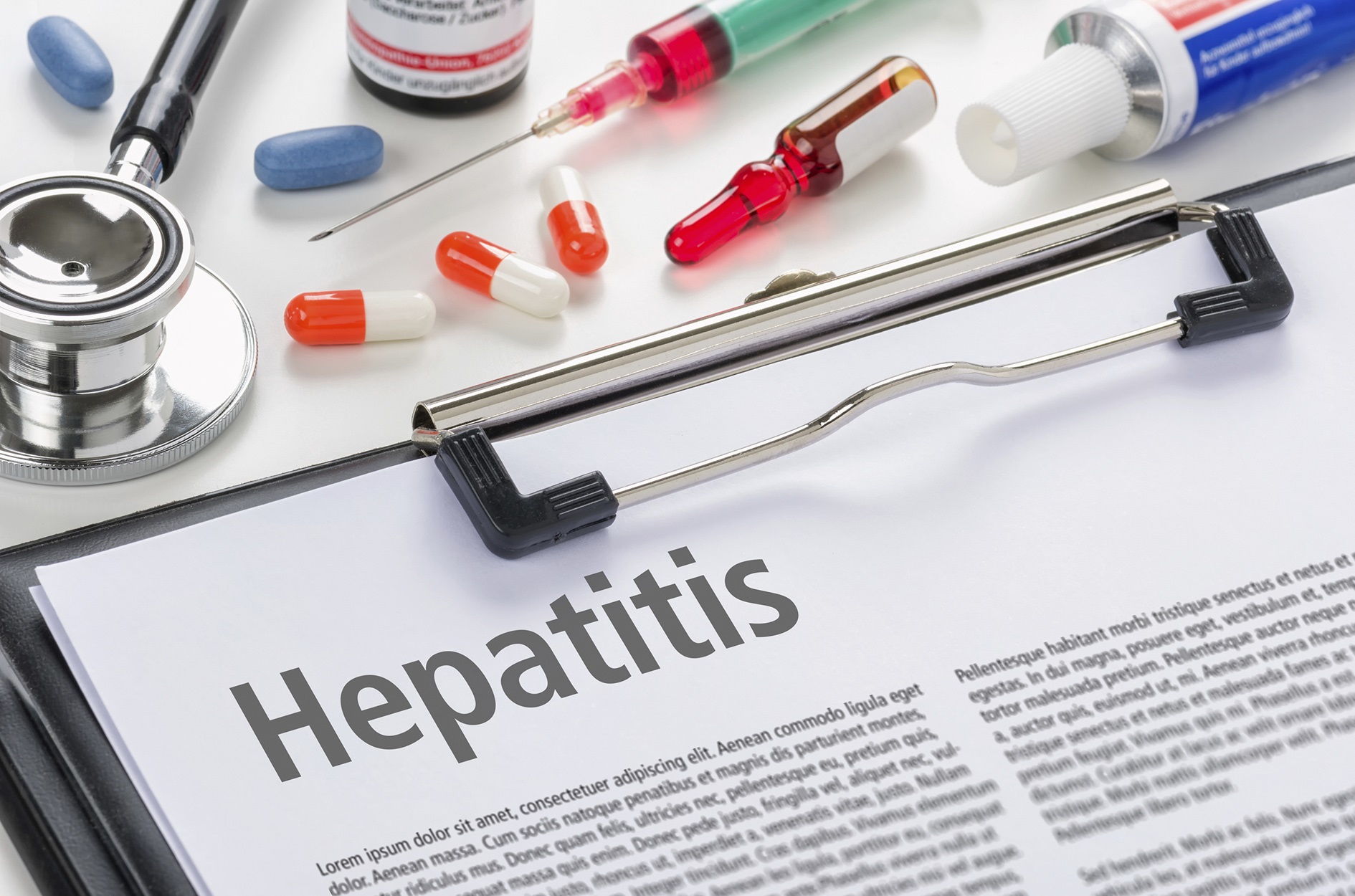Roche swoops on Dicerna’s gene-silencing hepatitis B drug

Dicerna Pharma has enticed another big pharma to partner its RNA interference platform, attracting a $200 million upfront deal with Roche for a drug to treat hepatitis B virus infections.
The deal could be worth another $1.47 billion for Cambridge, Massachusetts-based Dicerna if the HBV drug – called DCR-HBVS – makes it through to market and hits sales targets.
DCR-HBVS, which is designed to switch off genes used by the virus to gain entry into liver cells, is only in phase 1 testing at the moment, but that hasn’t stopped Roche stumping up a sizeable upfront fee for the rights to the drug.
The size of the deal reflects the scale of the HBV market, and the need for more effective drug treatments despite the availability of effective vaccines for prevention as well as oral drug therapies such as tenofovir and entecavir.
These antivirals can treat HBV infections, but only suppress the virus and don’t eradicate it. That means treatment may need to be continued for life, although some patients shake off the infection. In a majority of children and a minority of adults, HBV infection can become chronic and lead to cirrhosis as well as liver cancer, whilst also allowing transmission of the virus to others.
Chronic HBV affects an estimated 257 million people worldwide, according to the World Health Organization (WHO), and in 2015, killed an estimated 887,000 people.
The situation with HBV is in stark contrast to the hepatitis C virus (HCV) which can now be conquered using new directly-acting antiviral drugs like Gilead’s Harvoni (sofosbuvir/ledipasvir).
In animal studies, Dicerna’s drug cleared nearly 100% of circulating hepatitis B surface antigen (HBsAg), a protein that serves as a biomarker for infection. The hope is that keeping the virus suppressed below detectable levels could be a “functional” cure, preventing transmission.
It will slot into Roche’s pipeline of HBV candidates, with five early-stage clinical candidates including liver-targeted locked nucleic acid oligonucleotide RG6004, oral TLR7 agonist RG7854 and HBV core protein allosteric modulator RG7907.
Dicerna is retaining an option to co-fund pivotal development of the product globally, which would entitle the company to larger royalties as well as the right to co-promote DCR-HBVS in the US.
The Roche alliance is another endorsement for Dicerna’s RNAi platform, and comes after earlier partnerships with Eli Lilly and Boehringer Ingelheim – both with around $200 million in upfront payments and/or equity – and a smaller deal with Alexion that fronted $37 million.
RNAi is still a very new treatment approach, with the technology coming of age last year after RNAi drugs from Alnylam and Ionis were approved by the FDA for nerve damage caused by a form of inherited amyloidosis.
The technology is based on the use of RNA molecules to switch off the expression of disease-associated genes by binding to and disrupting messenger RNA (mRNA), the cellular mechanism used to transcribe proteins from them.
Dicerna’s approach is a little different. It uses double-stranded RNAs, which are longer than other companies’ short, interfering RNAs, and links them to sugar side chains that it says gives the resulting RNAs more potent and longer-lasting activity against mRNA.
Other companies working on RNAi drugs for HBV include Arbutus, which reported disappointing results with its ARB-1467 last year and has since switched its attention to a follow-up candidate, and Arrowhead Pharma whose ARO-HBV candidate has been licensed for $175 million upfront by Johnson & Johnson.












